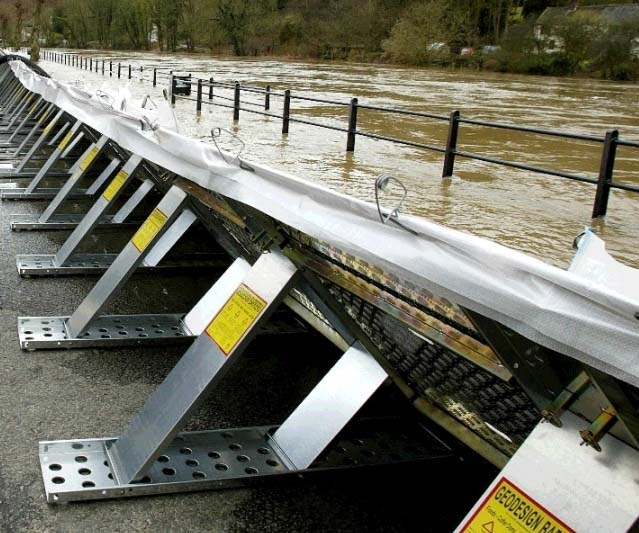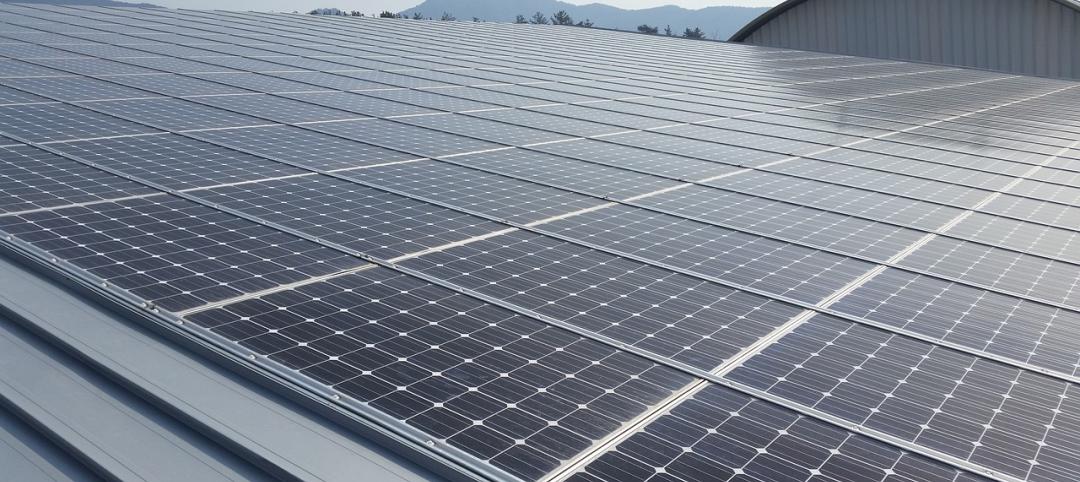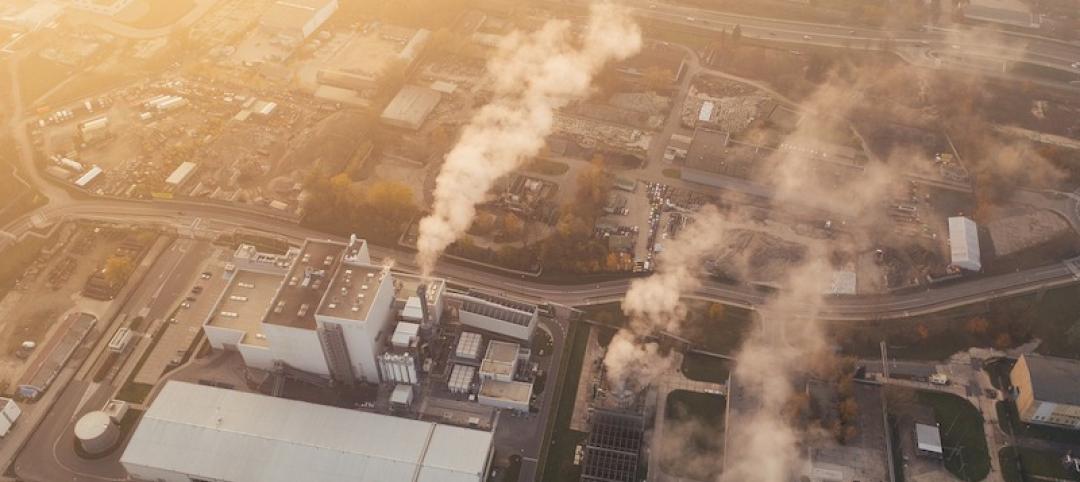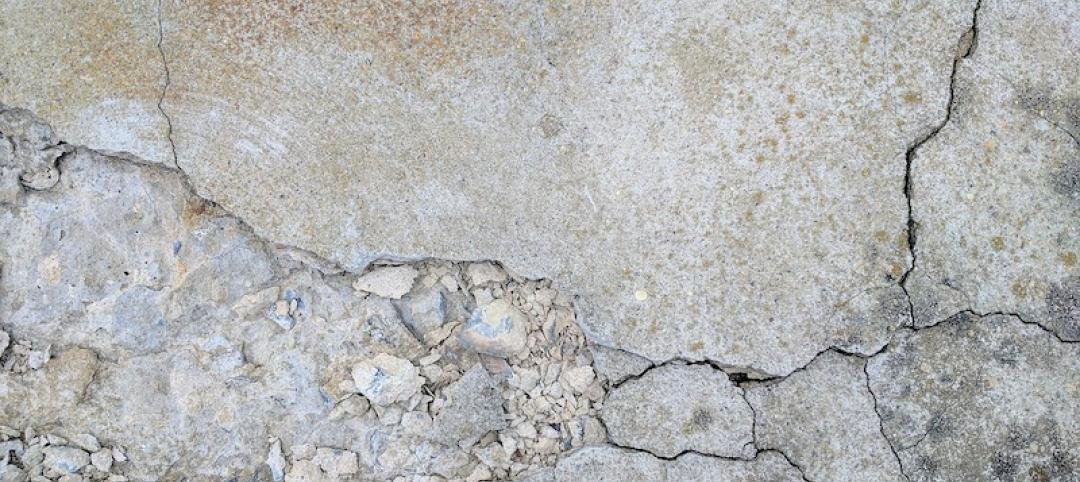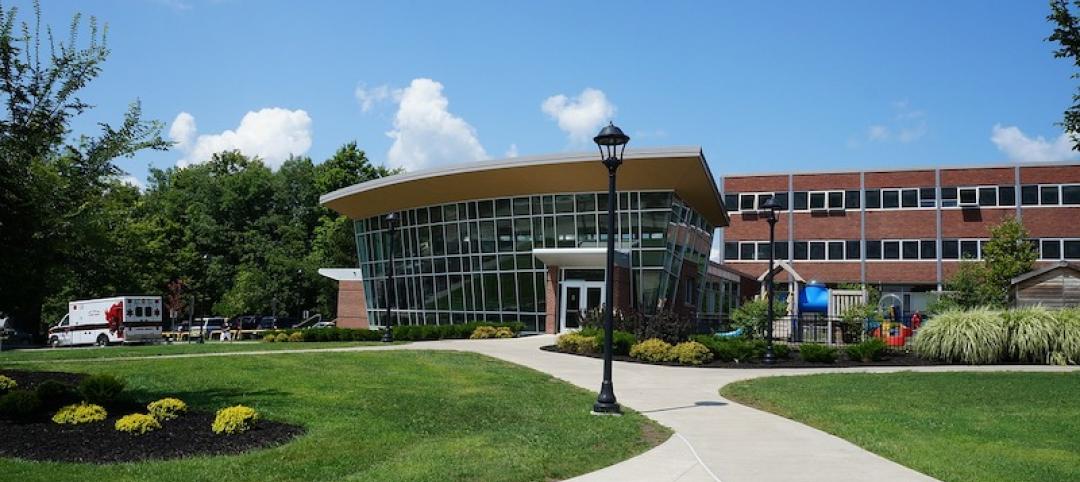Sea levels around Boston could rise as much as 7.5 feet by 2100, according to climate scientists. As a result, the city is at risk of significant flooding during high tides and normal rainfall let alone big storms.
The Urban Land Institute held brainstorming sessions over the last several months involving more than 70 engineers, architects, and development and insurance specialists to examine how rising sea levels would affect four representative areas in and around Boston. The group concluded that the area should consider building canals to absorb and divert water and higher sea walls for flood protection. It also called on called on municipalities to discuss ways to raise money for preparing vulnerable areas and to alter building and zoning rules to take the likelihood of flooding into account.
“We’re not going to start digging the canals tomorrow,” Brian Swett, Boston’s chief of energy, environment, and open space, told the Boston Globe. “But the report makes the important point that you can’t solve 6 feet of sea level rise simply by building a bigger dam on the Charles River.”
In the low-lying Alewife section of Cambridge, new residences might have to be concentrated into taller buildings with more space between them to make room for water infiltration. The report also suggested that retail shops be concentrated into a raised corridor to keep them above flood waters.
Related Stories
Codes and Standards | Sep 3, 2020
Turner Construction takes strong stand against racism
Shuts down work sites for anti-bias training.
Codes and Standards | Sep 2, 2020
California releases guide for state water policy
Water Resilience Portfolio is roadmap for meeting water needs as climate changes.
Codes and Standards | Aug 31, 2020
Fenestration alliance updates fenestration sealants guide
First update to 2009 document.
Codes and Standards | Aug 25, 2020
Platform will allow researchers to test energy system integration at scale
The U.S. Department of Energy’s (DOE’s) National Renewable Energy Laboratory (NREL) recently launched the Advanced Research on Integrated Energy Systems (ARIES) platform.
Codes and Standards | Aug 20, 2020
Wariness of elevators may stymie office reopening
Workers could balk at returning to high-rises.
Codes and Standards | Aug 19, 2020
Existing laws may be restricting efforts to cut carbon emissions
Outdated policies favor fossil fuels.
Codes and Standards | Aug 18, 2020
Florida becomes the third state to adopt concrete repair code
Sets minimum requirements for design, construction, repair of concrete structural elements in buildings.
Codes and Standards | Aug 17, 2020
ASCE seeks comments on seismic standard
Pertains to design criteria for nuclear facilities.
Codes and Standards | Aug 13, 2020
COVID-19 reboot guide offers strategies for reopening K-12 schools
Looks at space considerations for reopening at different scales.
Codes and Standards | Aug 12, 2020
Document provides guidance for mass timber construction
Overview of Intl. Building Code requirements included.


